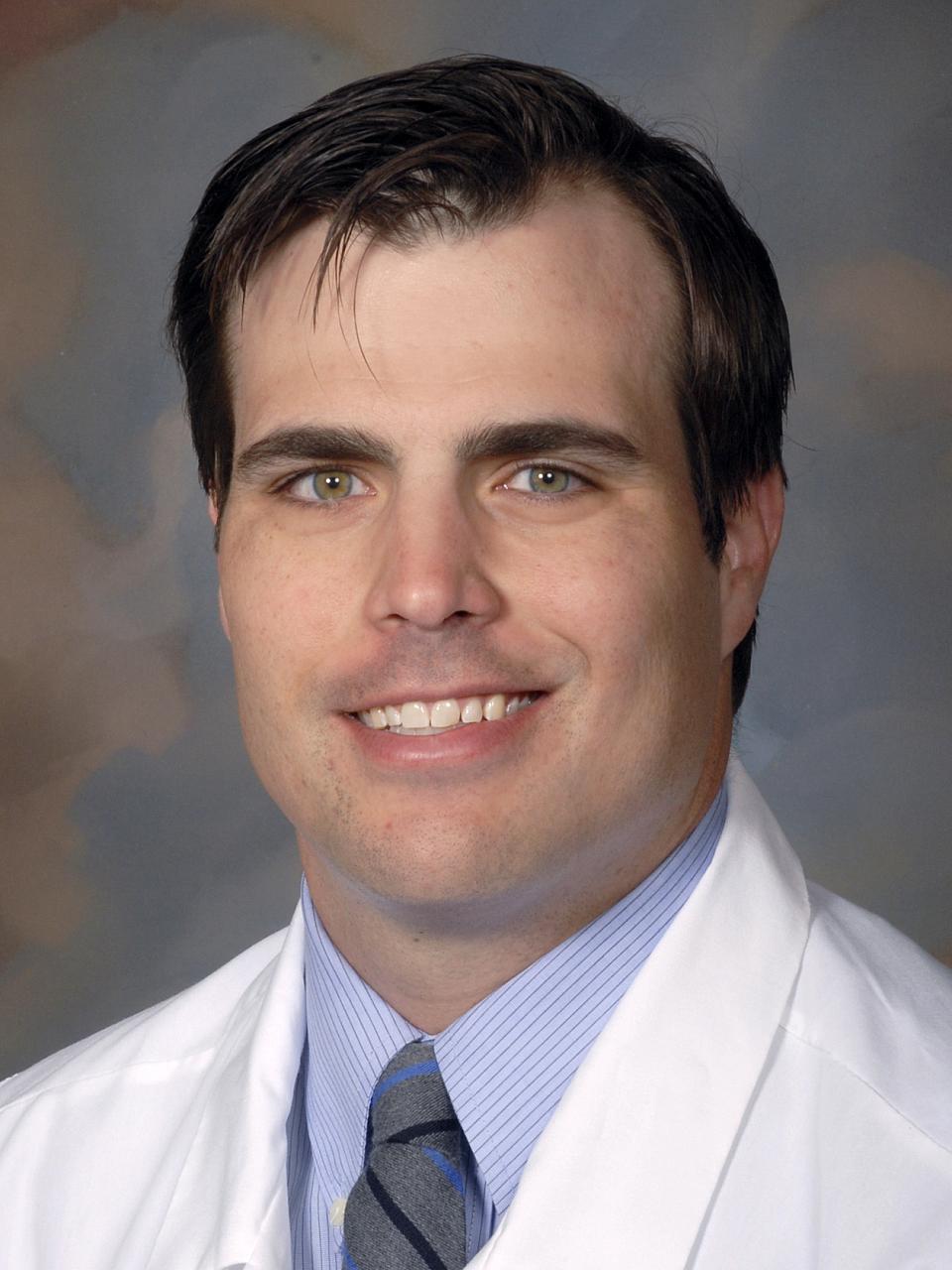Translating Research Into Innovative Real-World Solutions
Launching a business is unfamiliar territory for many faculty. Many startup biotech and health care services companies struggle with business development. It’s typically poor business decisions—not the science or technology—that result in failure. My role is to empower more faculty to create startups to move their research beyond the walls of the university.
Promise of Becoming an Entrepreneur
When the University of Utah recruited me in 2013, I was intrigued by the guarantee that I could become an entrepreneur, in addition to being a researcher and clinician. Over the past decade, my work at the U has been multi-faceted. I run an NIH-funded lab in genetics and male infertility. I created the Men’s Health Program. And I’ve spun out several companies from innovations that I developed here.
There is incredible potential at the U to build businesses around innovations. Now, in my expanded role as Associate Vice President for Research Innovation and Translation, I’m helping other faculty realize that potential. My office gives faculty access to teams of people who help them become successful.

Utah Is the Place for Entrepreneurs
Utah has one of the fastest-growing life science and health care innovation industries in the nation. It’s home to the emerging Silicon Slopes tech community. This is a phenomenal state for business. Our booming economy is drawing people from across the country with expertise in finance, private equity, venture capital, serial entrepreneurship, and scaling businesses.
We can leverage those resources to improve faculty endeavors. There’s been broad alignment among the health sciences, the Office of the Vice President for Research, the Office of U President Taylor Randall, and the state of Utah to move innovation forward.
We want to expand the economic footprint of the U throughout Utah. We want to provide faculty with the resources, funding, business expertise, and physical space to allow them to start companies here. Many who make the leap to small business work part-time on their startups and remain faculty at the university. We want to support this.
Why the U Needs More Innovation and Translation
Many of our faculty are accustomed to seeking out research grants. NIH funding is critical for discovery science. But directly impacting patients requires money and resources on a scale that’s impossible to find with NIH grants. It usually takes more than $1 billion to bring a drug to market.
It’s critical for a public institution with our resources to use its research capacity to positively impact our state and society.
We’re encouraging more faculty to disclose their ideas, seek patents, and apply for small business grants for startups. Our efforts support the institutional goal to launch at least 8-10 startups per year and have an economic footprint that exceeds $10 billion annually.

How We’re Progressing Toward Our Goals
We’re working with faculty in surgery, biochemistry, chemistry, medicine, electrical engineering, and other specialties. We also partner with accelerator programs at the U to move different technologies along. These partners include:
-
Center for Medical Innovation – develops medical devices
-
Orthopedic Innovation Center – facilitates novel orthopedic implants
-
University of Utah Therapeutics Accelerator Hub – develops promising therapeutics
-
ARUP Institute for Research and Innovation in Diagnostic and Precision Medicine – new innovation unit at ARUP Laboratories
With capital available to invest in university companies, we’re trying to launch a venture fund for the U. We’re creating opportunities for faculty to pitch their innovations to a venture capital group with capacity to finance new companies in Utah.
Additionally, we’re partnering with the Utah Innovation Lab, a $15 million venture fund from the state. We’ll give them access to the full breadth of technology coming out of the U. We’re also working with different models to incentivize companies to come to our state.
Vision for the Future
As time passes, I’d like more faculty to consider disclosing their technology and either licensing it or forming companies. Society can benefit from their innovations. It’s a viable, exciting way to move their science forward. By commercializing their technologies, some of the amazing research we’re doing here can impact patients. I foresee startup opportunities for developments in biochemistry, chemistry, genetics, digital health, data science, and population health, among others. Potential exists across the entire university ecosystem.
I hope faculty will consider the chance to develop small businesses as an opportunity for different disciplines to collaborate. For example, our mechanical engineering, biomedical engineering, and electrical engineering faculty enjoy working with clinicians who use a lot of devices and sensors. We collaborate well at the U, but we need to do it more.
Within five to seven years, we’d like our faculty to know that the U is one of the easiest, most exciting places in the country to innovate and form companies. By then, we hope to attract more talent to the U by developing a reputation for innovation and translation.
In the meantime, faculty can expect innovation to become significantly easier over the next six to 12 months. I will gladly start a dialogue with anyone interested in developing a startup or learning more about the process.
